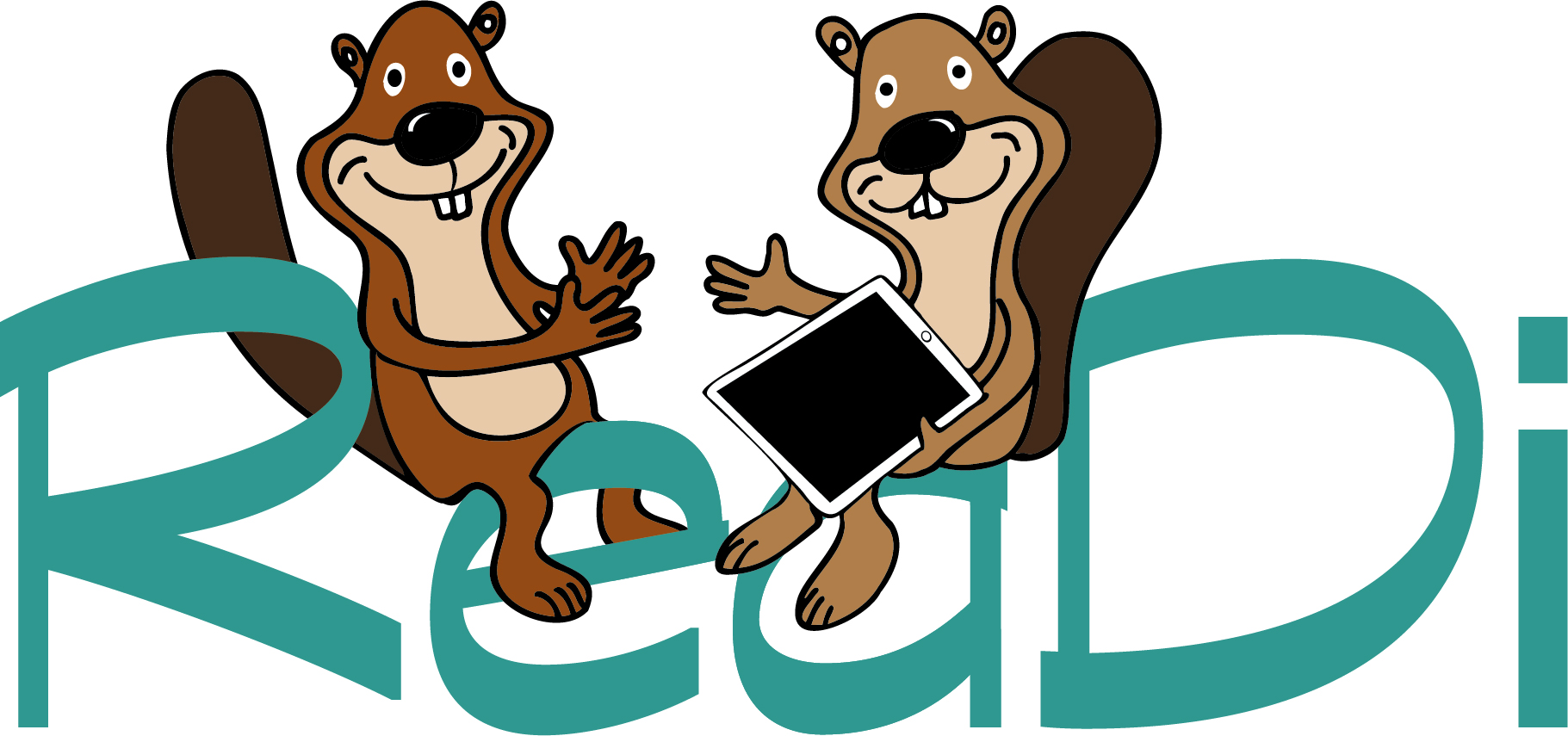ReaDi
Reading Digital: Inclusive language education with multilingual digital picture books in spoken and sign languages

Deaf and hard of hearing children are particularly likely to show delays in first language acquisition. Language education which supports the acquisition of at least one spoken language as well as one sign language does not only serve as a safety net for first language acquisition, but also for written language acquisition. At the same time, language education in bimodal-bilingual settings is subject to numerous challenges: There are language barriers on the part of parents and pedagogical professionals and there is a lack of language education concepts which can be incorporated into everyday life and used in inclusive and segregated settings. The research project ReaDi addresses this desideratum by using the potential of reading digital picture books aloud for language education in spoken and sign languages.
ReaDi addresses the question of how early interventionists, educators and teachers can be professionalized and parents trained to support both children born in Germany and immigrant children who are deaf or hard of hearing in learning the target languages German and German Sign Language (DGS) in different learning settings (nonformal, formal, segregated, inclusive). To this end, three sub-objectives are pursued:
- survey of the needs of parents and pedagogical professionals in language education with digital picture books in (non)formal, segregated, and inclusive settings.
- participatory development of an inclusive language education concept with digital picture books in DGS, German and other spoken languages as well as a transfer concept with digital and hybrid training programs for parents and pedagogical staff.
- testing the usability and effectiveness of the language education and transfer concept.
The realization of the three sub-objectives is based on three work packages. Mixed methods, triangulation and participatory research in cross-sectional studies will be applied.
ReaDi provides new insights into reading aloud practices and the self-efficacy experience of parents and pedagogical professionals with deaf and hard of hearing children in different educational settings. Further results are a theory- and empirical-based language education concept as well as a transfer concept for the practice of inclusive language education. The multilingual digital picture books and tutorials created in this context as well as further results are available on a website for barrier-free use and accessible from any location.
Objectives
ReaDi aims at the theory- and empirical-based development of an inclusive multilingual language education concept with digital picture books in spoken and sign languages as well as a practice-oriented transfer concept that can be integrated into everyday life by parents and implemented in educational practice by pedagogical professionals.
Funded by
Federal Ministry of Education and Research (BMBF)
Duration
October 2022 - September 2025
Project management
- Prof. Dr. Claudia Becker, Humboldt-University Berlin
- Prof. Dr. Laura Avemarie, University Munich (LMU)
- Christian Müller, University Munich (LMU)
Project team
Humboldt-University Berlin:
- Mabu Aghaei
- Swantje Marks
University Munich (LMU):
- Nora Eisinger
Institutions
Humboldt-University Berlin
University Munich (LMU)
Partners
Practice partners:
- Staatliches sonderpädagogisches Bildungs- und Beratungszentrum, Förderschwerpunkt Hören, Stegen
- Ernst-Adolf-Eschke-Schule, sonderpädagogisches Förderzentrum Hören und Kommunikation, Berlin
Administrative partners:
- Arbeitsgemeinschaft der Leiter:innen der Bildungseinrichtungen für Gehörlose und Schwerhörige (BUDIKO)
- Bundeselternverband gehörloser Kinder (BGK)
Website
Your contact
Humboldt-Universität zu Berlin
49 (0) 30 2093-66792
claudia.becker@hu-berlin.de